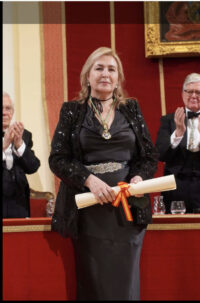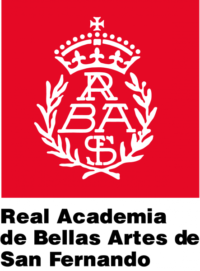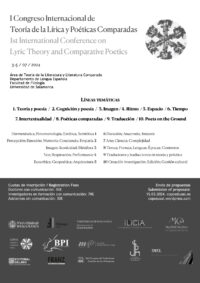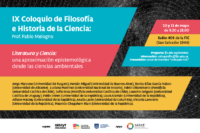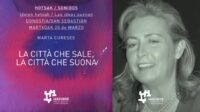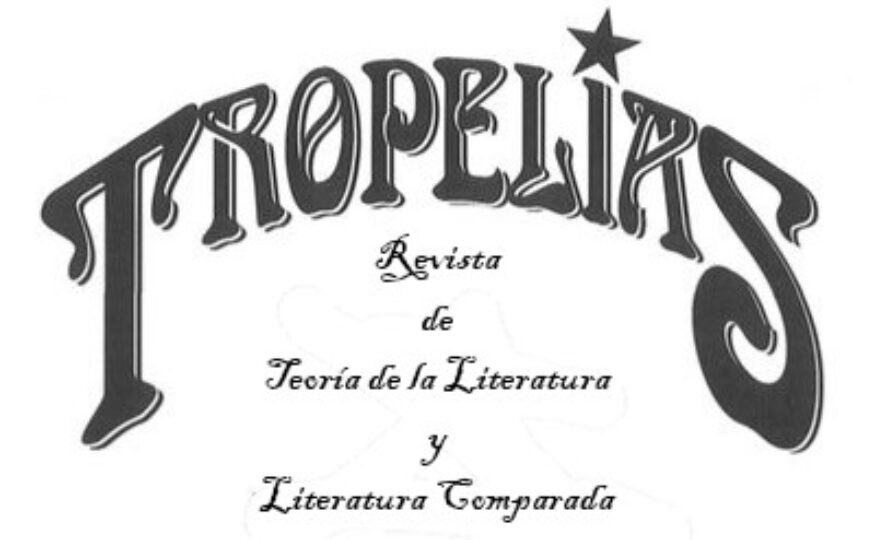
[…]
The book is contextualized within the Mestizajes programme at the Donostia International Physics Center, which brings scientists, artists, and writers together in order to investigate the interrelationship between science, humanities, and literature from an interdisciplinary perspective. By combining scientific, humanistic, artistic, and literary content, the editors bridge the gap between sciences and humanities and provide inspiring perspectives on the basic questions which have been occupying both the humanities and the sciences for a long time. The book makes asignificant effort to prove that interdisciplinarity is a “necessary if not vital” (p. viii) feature of researchin either area: On the one hand, the sciences can offer new instruments to the humanities, which is important in research branches like Cognitive Literary Studies, for example. But at the same time the humanities can also enrich the sciences with answers to so far unsolved questions and provide inspiring insights which could constitute a point of departure for further research. Therefore, the editors present a varied fan of research perspectives. The academic backgrounds of the contributors are as heterogeneous as they could possibly be. #Nodes includes contributions by mathematicians, physicians, neurobiologists, philosophers, psychologists, semioticians, linguists, artists, and writers, who are all presented in short biographical sketches at the end of the book. Due to this diversity the spectre of contributions is also extraordinarily broad: the book contains academic articles and essays, as well as poems, paintings, drawings, and sculptures. The result is a mixture that is not only intellectually stimulating but also entertaining.
